In recent years, the United Kingdom has made significant strides toward inclusivity in education, particularly through the implementation of mandatory Relationships and Sex Education (RSE) in schools. Since September 2020, all secondary schools in England have been required to teach RSE, with Relationships Education (RE) mandated for primary schools. These policies aim to equip young people with the knowledge and skills to navigate healthy relationships, understand consent, and stay safe in an increasingly complex world. A key component of these guidelines is the inclusion of LGBTQ+ topics, such as sexual orientation and gender identity, to ensure that all students, regardless of their identities, feel seen and supported. However, recent updates to these guidelines, particularly the continued allowance for parental opt-outs from certain aspects of sex education, have sparked concerns that gay teens and other LGBTQ+ youth may be left without critical, affirming education. This article explores the nuances of these policies, their implications for LGBTQ+ youth, and the broader historical and cultural context surrounding sex education in the UK.
The Evolution of Relationships and Sex Education in the UK
Historical Context: From Section 28 to Modern RSE
The journey toward inclusive sex education in the UK has been fraught with challenges, shaped by a complex interplay of social attitudes, political decisions, and cultural shifts. One of the most significant barriers to LGBTQ+ inclusion in schools was Section 28 of the Local Government Act 1988, introduced under Margaret Thatcher’s government. This legislation prohibited local authorities from “promoting homosexuality” or teaching “the acceptability of homosexuality as a pretended family relationship.” The law effectively silenced discussions of same-sex relationships in schools, creating an environment where LGBTQ+ identities were stigmatized and marginalized.
Section 28, repealed in Scotland in 2000 and in England and Wales in 2003, left a lasting impact on education. For over a decade, it stifled conversations about sexual orientation and gender identity, leaving generations of LGBTQ+ youth without the tools to understand their identities or navigate relationships safely. The repeal of Section 28 was a pivotal moment, driven by advocacy from organizations like Stonewall, which campaigned tirelessly for equality. However, the legacy of this legislation lingered, with many schools hesitant to address LGBTQ+ topics due to fear of backlash or lack of clear guidance.
The introduction of mandatory RSE in 2020 marked a significant step forward. Following a parliamentary vote in 2019, supported by an overwhelming majority (538-21), the UK government updated its sex education guidelines for the first time since 2000. These reforms were designed to reflect the realities of modern relationships, including online safety, consent, and diverse family structures. Notably, the guidelines mandated that secondary schools teach about sexual orientation and gender identity, while primary schools must cover different family types, including those with LGBTQ+ parents. This shift was celebrated by advocates as a long-overdue acknowledgment of the need for inclusive education.
The Role of Music and Culture in Shaping Attitudes
The cultural landscape of the UK has played a significant role in shaping attitudes toward LGBTQ+ inclusion in education. Music, in particular, has been a powerful medium for challenging norms and fostering acceptance. In the 1980s, at the height of Section 28’s influence, artists like Boy George, Freddie Mercury, and the Pet Shop Boys used their platforms to express queer identities, subtly or overtly, despite societal and legal constraints. Their visibility helped normalize diverse identities for younger audiences, even as formal education remained silent on these topics.
In the 2000s and 2010s, as Section 28 was repealed and attitudes began to shift, artists like Sam Smith, Years & Years, and Sophie Ellis-Bextor openly embraced their identities, contributing to a broader cultural acceptance of LGBTQ+ people. Songs like Sam Smith’s “Stay With Me” and Olly Alexander’s work with Years & Years provided anthems for self-acceptance, resonating with young people navigating their identities. These cultural touchstones underscored the importance of representation, a principle that advocates argue should extend to the classroom through inclusive RSE.
The Current RSE Guidelines: Progress and Pitfalls
What the Guidelines Entail
The current RSE guidelines, implemented in September 2020, require all schools to have a written policy on Relationships Education and RSE, developed in consultation with parents, governors, and the wider community. Schools must make these policies publicly available, ensuring transparency about what is taught and when. At the primary level, Relationships Education focuses on healthy, respectful relationships, including friendships, family dynamics, and online interactions. At the secondary level, RSE expands to cover sexual orientation, gender identity, consent, contraception, and topics like online abuse and domestic violence.
A key feature of the guidelines is the inclusion of LGBTQ+ topics. Secondary schools are required to teach about sexual orientation and gender identity in an age-appropriate manner, ensuring that students understand these concepts within the context of healthy relationships. Primary schools must teach about diverse family structures, which can include families with same-sex parents, to normalize these realities for young children. The guidelines also emphasize compliance with the Equality Act 2010, which lists sexual orientation and gender reassignment as protected characteristics, requiring schools to foster an inclusive environment free from discrimination.
The Opt-Out Provision: A Double-Edged Sword
Despite these advancements, a significant sticking point remains: the parental right to opt out of sex education lessons. Under the current guidelines, parents can request that their child be excused from sex education within RSE at both primary and secondary levels, though not from Relationships Education or Health Education. This opt-out provision is automatically granted for primary school students (except for content covered in the science curriculum) and remains available for secondary students until three terms before their 16th birthday, at which point the student can choose to participate.
While this provision aims to balance parental rights with educational needs, it has raised concerns among advocates for LGBTQ+ youth. Critics argue that allowing opt-outs specifically for sex education, which often includes discussions of sexual orientation and gender identity, risks excluding vulnerable students—particularly gay teens—from receiving affirming and potentially life-saving education. For many LGBTQ+ youth, school is a primary source of information about safe relationships and sexual health, especially if their home environments are unsupportive or hostile to their identities.
“All LGBTQ+ children and young people deserve an education that reflects who they are. If topics are restricted, it leaves children even more dependent on getting answers from potentially harmful sources like pornography or online spaces lacking proper safeguarding.” — Lucy Emmerson, Chief Executive of the Sex Education Forum
Implications for Gay Teens and LGBTQ+ Youth
The Importance of Inclusive Education
Inclusive RSE is critical for LGBTQ+ youth, who face unique challenges in navigating their identities and relationships. Research from Stonewall’s 2017 School Report found that 45% of LGBTQ+ students in the UK experienced bullying due to their sexual orientation or gender identity, and 30% of young homeless people in the UK are LGBTQ+, often due to family rejection. Comprehensive RSE that includes LGBTQ+ topics can help address these issues by normalizing diverse identities, fostering empathy among peers, and providing practical guidance on safe relationships and sexual health.
For gay teens, in particular, access to affirming education can be transformative. Without it, they may turn to unreliable sources—such as the internet or adult spaces like gay clubs—that lack the safeguarding measures present in schools. The NSPCC highlights that LGBTQ+ youth are at greater risk of grooming and exploitation, particularly if they lack access to accurate information about healthy relationships. Inclusive RSE can equip these students with the knowledge to recognize and avoid coercive or abusive situations, while also affirming their identities and reducing feelings of isolation.
The Risks of Opt-Outs
The opt-out provision poses a significant risk for gay teens, particularly those from conservative or religious backgrounds where parents may be more likely to withdraw their children from sex education. In such cases, students may miss out on discussions of sexual orientation, consent, and safe sex practices, leaving them ill-equipped to navigate their identities or relationships. This is especially concerning given that LGBTQ+ youth are more likely to engage in online relationships due to limited opportunities to meet peers in their communities, increasing their vulnerability to online grooming.
Moreover, the opt-out system can exacerbate feelings of marginalization. When students are removed from lessons discussing LGBTQ+ identities, it sends a message that these topics are controversial or taboo, potentially reinforcing stigma. This can have profound psychological impacts, contributing to higher rates of anxiety, depression, and self-harm among LGBTQ+ youth. Advocates argue that mandatory inclusion of these topics, without opt-out provisions, would better align with the Equality Act’s mandate to promote equality and combat discrimination.
Controversies and Backlash
Parental and Religious Concerns
The inclusion of LGBTQ+ topics in RSE has not been without controversy. Since the guidelines were introduced, protests have emerged, particularly from religious communities and conservative groups. In 2019, protests outside Parkfield Community School in Birmingham highlighted tensions, with some parents objecting to the No Outsiders programme, which taught about diverse families, including those with same-sex parents. Critics argued that such content “sexualizes” children or conflicts with their religious beliefs, despite assurances from educators that the material is age-appropriate and focused on respect and equality.
These protests reflect broader cultural debates about the role of education in addressing sensitive topics. Some parents and faith-based organizations, such as the Association of Christian Teachers, argue that parents should retain the “fundamental right” to opt out of RSE, citing concerns about age-appropriateness and moral values. Others, like Christian Concern, have raised fears of “grooming” or “indoctrination,” particularly when young children are taught about same-sex relationships. These claims often misrepresent the content of RSE, which emphasizes respect, consent, and diversity rather than explicit sexual material.
Balancing Rights and Responsibilities
The UK government has sought to balance parental rights with the need for inclusive education, but this balance is precarious. While schools are required to consult parents when developing RSE policies, they must also adhere to the Equality Act and ensure that teaching reflects the needs of all pupils, including those from diverse faith backgrounds. The government’s guidance encourages schools to handle these topics sensitively, taking into account pupils’ religious and cultural contexts, but critics argue that the opt-out provision undermines this inclusivity by allowing selective participation.
In response to backlash, the government has emphasized transparency, requiring schools to share teaching materials with parents and clearly communicate the opt-out process. However, this has not fully quelled concerns. Some educators worry that the opt-out system places them in a difficult position, navigating parental objections while trying to meet the needs of all students. As Pepe Di’Iasio, General Secretary of the Association of School and College Leaders, noted, it’s critical that restrictions on topics like gender identity “do not shut down discussion,” allowing young people to explore these issues safely with trusted adults.
The Broader Impact on Society
Cultural Shifts and the Role of Education
The debate over RSE reflects broader societal shifts in attitudes toward LGBTQ+ rights. Public opinion in the UK has become increasingly supportive of inclusivity, with a 2019 Stonewall survey finding that 68% of young people aged 16-24 supported LGBTQ+-inclusive education in all schools. This contrasts with the 1980s, when 64% of the population viewed homosexuality as “always wrong.” The repeal of Section 28, the legalization of same-sex marriage in 2013, and cultural milestones like the visibility of LGBTQ+ figures in media and music have contributed to this change.
Education plays a pivotal role in sustaining and advancing these shifts. By teaching about diverse identities and relationships, schools can foster empathy and reduce prejudice among future generations. Inclusive RSE also aligns with the UN’s Sustainable Development Goals, particularly the principle of “leaving no one behind,” ensuring that marginalized groups, including LGBTQ+ youth, are supported and empowered.
Global Comparisons
The UK’s approach to RSE can be compared to other countries with progressive sex education policies. Denmark, Sweden, and the Netherlands have long included sexual diversity in their curricula, contributing to lower rates of bullying and better mental health outcomes for LGBTQ+ youth. In contrast, the United States has seen a resurgence of anti-LGBTQ+ curriculum laws, such as Florida’s “Don’t Say Gay” bill, which restricts discussions of sexual orientation and gender identity. These policies highlight the importance of robust, inclusive education systems that resist censorship and prioritize student well-being.
Looking Forward: Addressing the Gaps
Strengthening Inclusive Education
To address the gaps in the current RSE framework, advocates propose several measures. First, removing or limiting the opt-out provision could ensure that all students receive comprehensive education, regardless of parental objections. This would require careful consultation to address concerns while upholding the Equality Act’s principles. Second, increased teacher training is essential to equip educators with the confidence and resources to teach LGBTQ+ topics effectively. Organizations like Stonewall offer resources, such as the School Champions programme, to support schools in creating inclusive environments.
Additionally, engaging students in the development of RSE policies can ensure that the curriculum reflects their needs and experiences. Young people, particularly those who identify as LGBTQ+, often report that existing RSE is insufficiently inclusive or lacks practical guidance. Including their voices can make the curriculum more relevant and impactful.
The Role of Advocacy and Community
Advocacy groups like Stonewall, the Sex Education Forum, and the NSPCC continue to play a vital role in pushing for inclusive RSE. These organizations provide resources, training, and policy recommendations to ensure that schools meet the needs of all students. Community initiatives, such as UK Black Pride and the Lesbian and Gay Police Association, also contribute to a broader culture of acceptance, supporting LGBTQ+ youth beyond the classroom.
“This is a landmark step forward. For me, it would have been life-changing to receive this education.” — Josh Bradlow, Policy Manager at Stonewall
Conclusion
The updated RSE guidelines in the UK represent a significant step toward inclusive education, but the parental opt-out provision raises concerns about their effectiveness for gay teens and other LGBTQ+ youth. While the guidelines mandate teaching about sexual orientation and diverse family structures, the ability to withdraw students from sex education risks leaving some without critical knowledge and affirmation. This issue is deeply rooted in the UK’s historical struggles with LGBTQ+ rights, from the repressive era of Section 28 to the gradual progress of recent decades. Cultural touchstones, such as music and media, have played a vital role in shifting attitudes, underscoring the importance of representation in all spheres, including education.
Moving forward, addressing the gaps in RSE will require a delicate balance of respecting parental rights, upholding legal obligations, and prioritizing the needs of vulnerable students. By fostering open dialogue, investing in teacher training, and amplifying student voices, the UK can ensure that its education system truly leaves no one behind. For gay teens and their peers, inclusive RSE is not just about information—it’s about creating a world where they feel safe, seen, and valued.

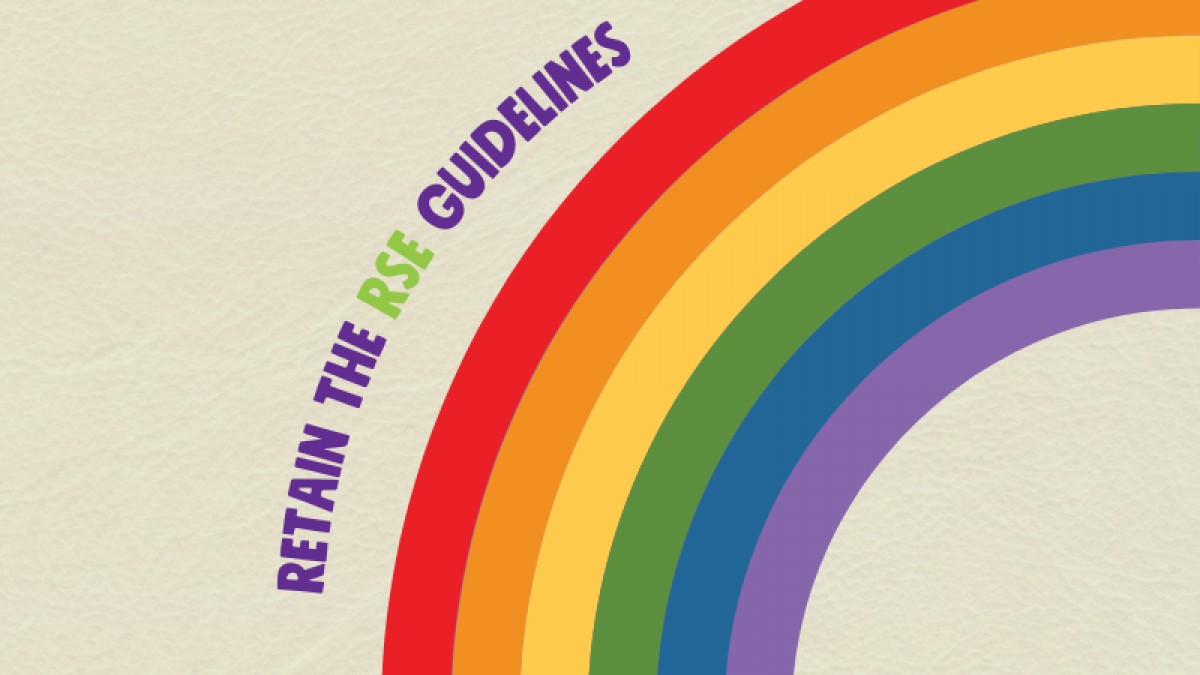

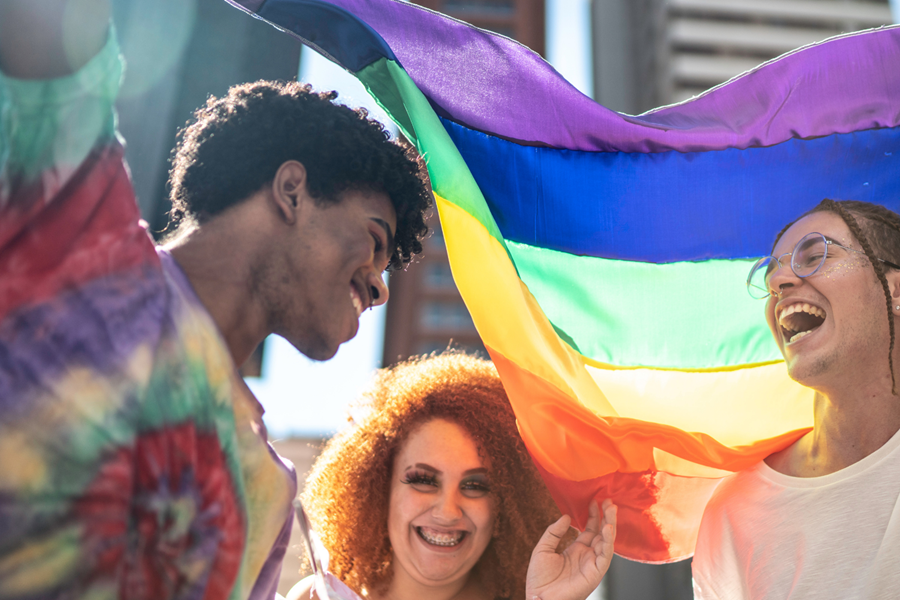








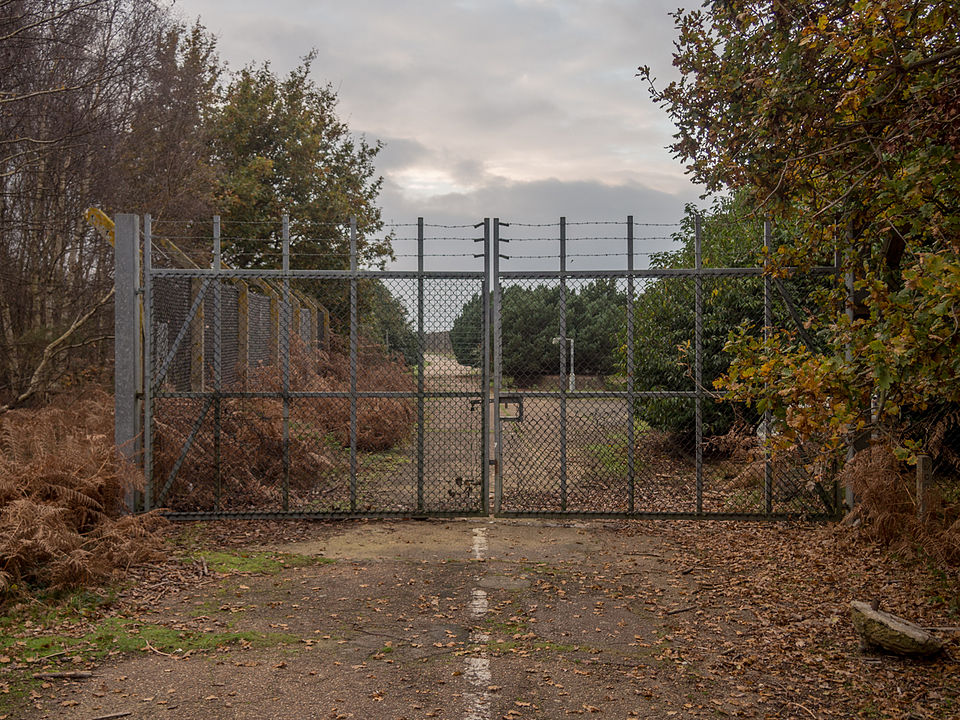




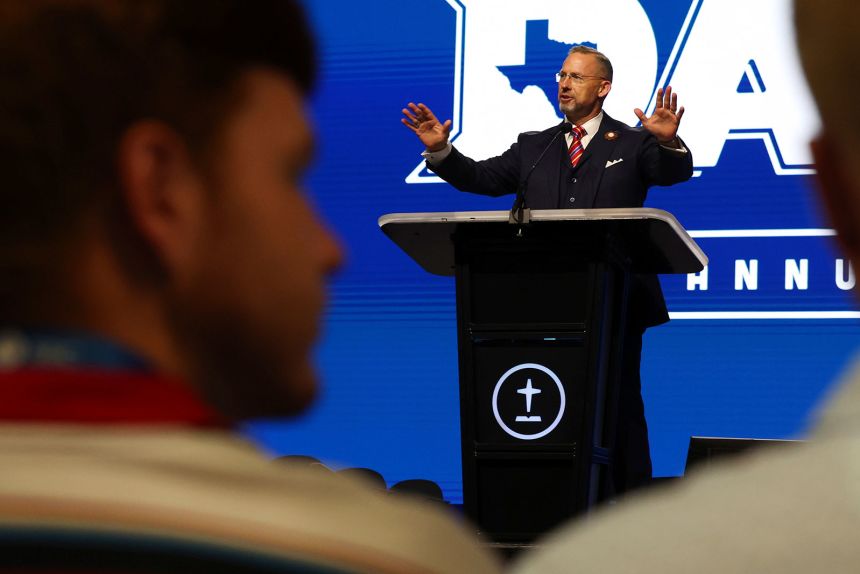
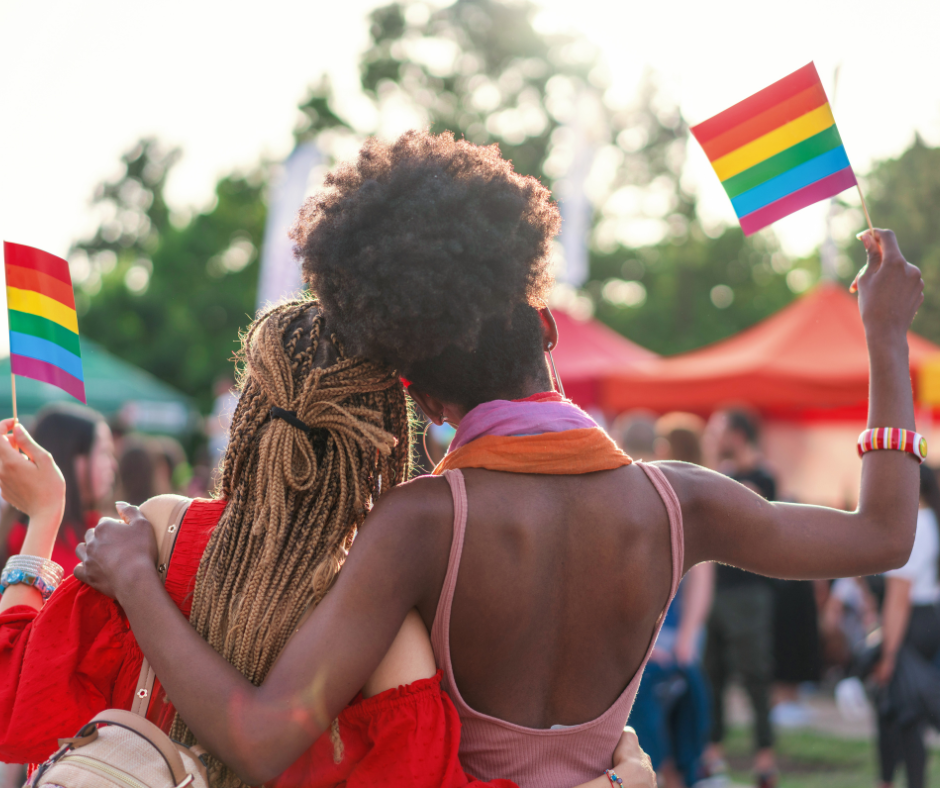
0 Comments